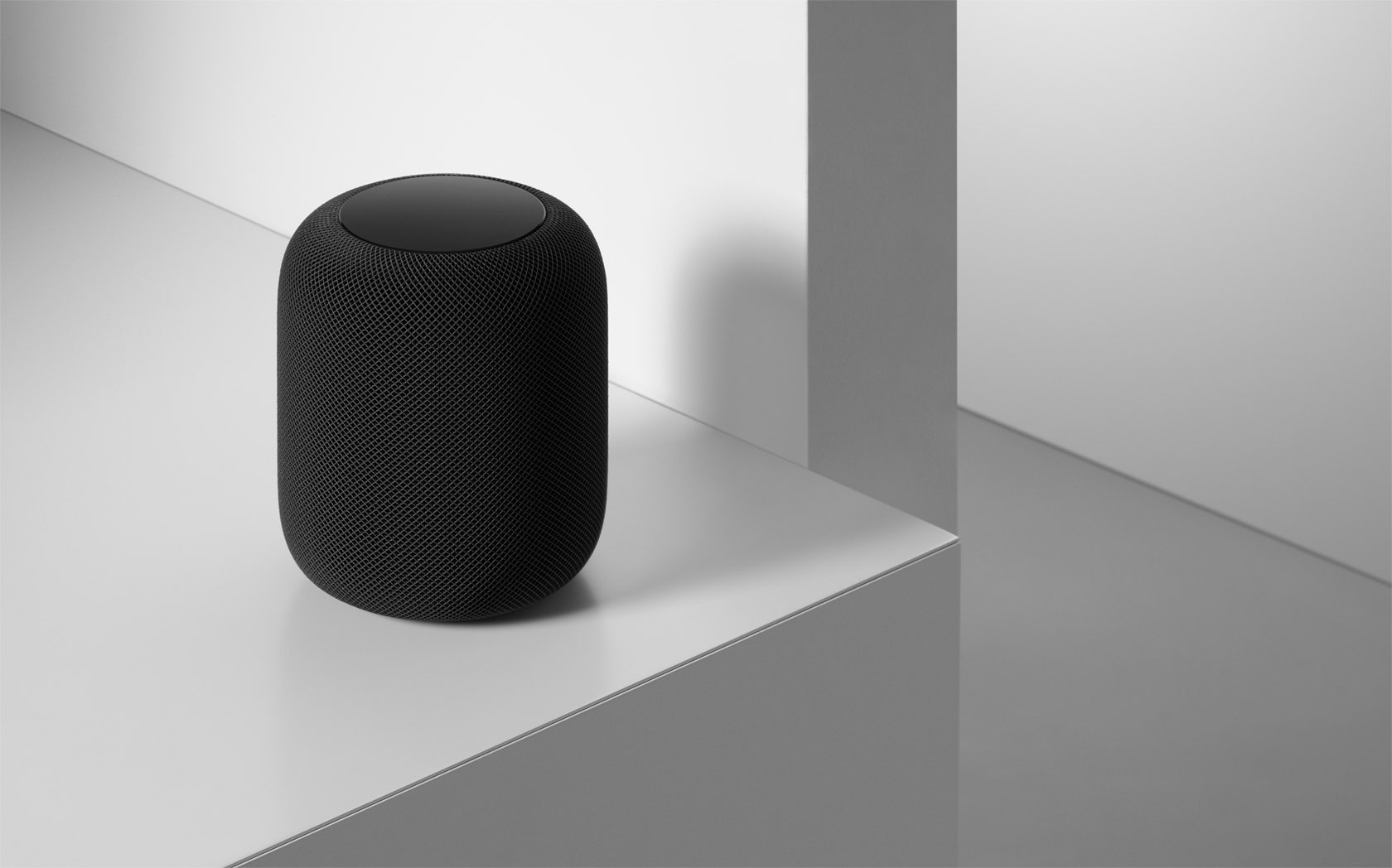
Is Apple going to launch a new, less expensive HomePod in 2020? Maybe! But one thing is for sure: the company has made a big change to the operating system for its first smart speaker.
Before the end of March, Apple released iOS 13.4 to the public. Along with that, Apple also updated the operating system that runs the HomePod, the company’s first smart speaker. It wasn’t expected at the time that Apple had made any changes to how things worked, but it turns out that the company did indeed change a very important thing: the operating system itself. According to 9to5Mac, the HomePod’s OS is now based on tvOS rather than iOS.
The publication was able to make the discovery by looking over the HomePod’s 13.4 code, and details how this particular change could leave a lasting impact on Apple. First, power management. iOS manages power consumption differently than its other operating systems, because it’s designed around devices that work around an internal battery. Basically, they aren’t meant to be plugged in all the time like, say, the Apple TV or HomePod.
Switching to tvOS for the HomePod can help with this, and it may reduce work for engineers in the long run.
The report also indicates that the fact the HomePod (and Apple TV) function as hubs could have something to do with the change.
However, it may be future devices that really warrant the OS change:
But there’s also another crucial factor, and that’s the compatibility of current devices with future versions of operating systems. iOS 14 is likely to drop support for devices with the A8 chip (basically the iPad Air 2 and iPad mini 4), and the first and only generation of the HomePod runs with an A8 chip.
While the fourth generation Apple TV (the HD-only model) also runs with the A8 chip, it will probably not be discontinued this year. If Apple wants to keep the HomePod updated for a longer time, it makes sense that the HomePod Software should be based on the next version of tvOS instead of iOS 14 due to the A8 chip support.
Now, this does not change the way people will use the HomePod, and won’t change anything for the end user right now. After all, tvOS is technically derived from iOS to begin with. But it sounds like the switch to tvOS will make life a bit easier for engineers working on the software for the smart speaker, which will hopefully be good news all around.
The report also hints at new HomePod products. Specifically, 9to5Mac discovered references within the 13.4 code to two unannounced HomePod devices. Unfortunately they were not able to ascertain any additional details about those products, so there’s not much else to go on in that regard. It does suggest that the change to supporting tvOS instead of iOS means that Apple isn’t giving up on the HomePod anytime soon. Hopefully.
As it stands right now there are quite a few rumors swirling around that we should expect to see a new HomePod smart speaker this year. Apple recently dropped the price of the device to just $149 for employees, which could be a sign that a new speaker is on the way. What’s more, we reported back in March that, despite hurdles, a new HomePod is one of the many new products that Apple is working on right now to launch before the end of 2020.
Earlier today, Bloomberg reported that Apple is currently working on a smaller, less expensive HomePod that will launch before the end of this year.
So, tell us what you want to see from a new HomePod. Lower price? Smaller size? Or the other way, with an even larger speaker (with even better audio quality) and a higher price? Let us know in the comments below.